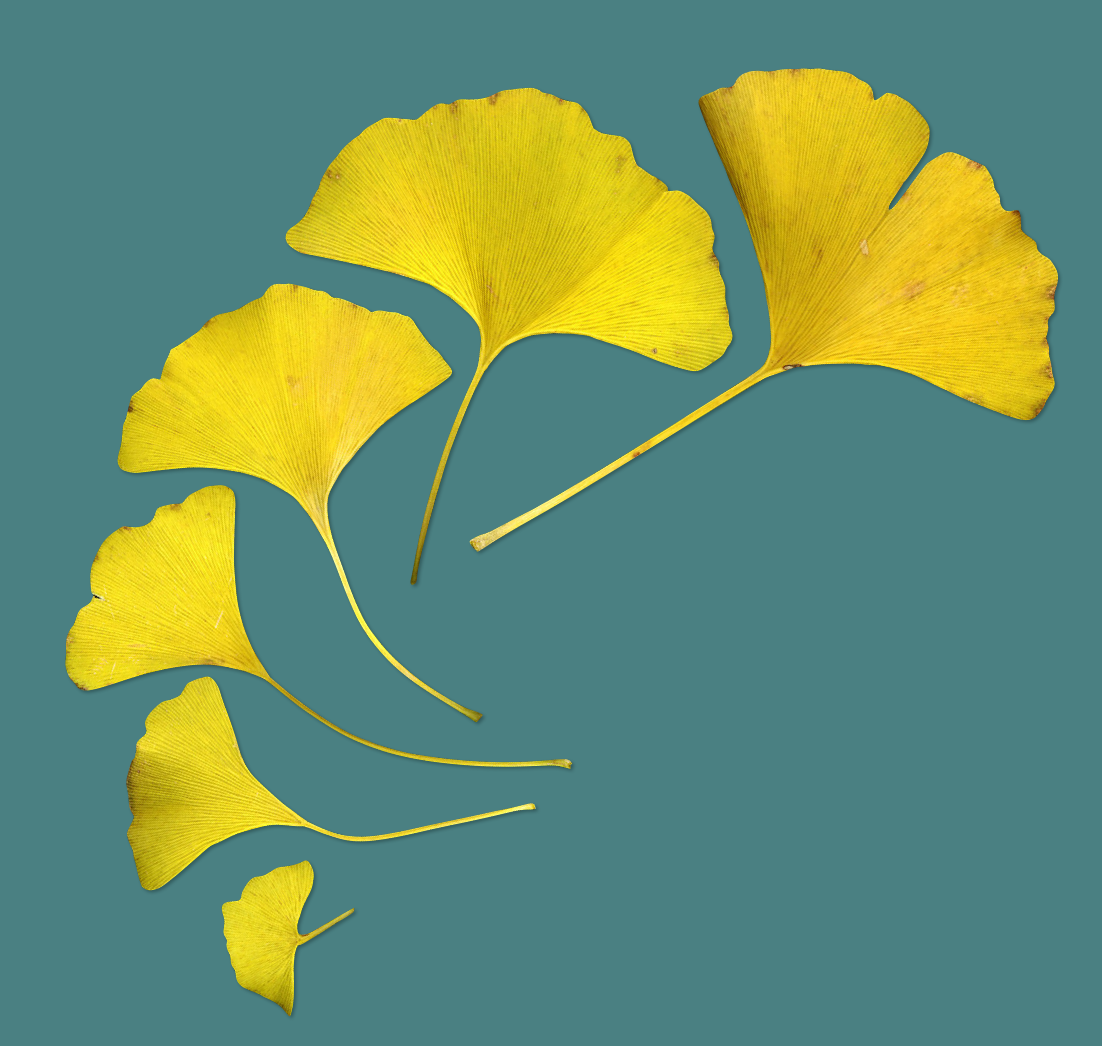Viruses & the Elderly
Older people are particularly vulnerable to viruses during winter.
What are some ways to help support the immune system of the elderly to keep them resilient during the cold and flu season?
It is common for older people, particularly those on a low income, to rely on cheaper carbohydrate foods, like white bread and white rice, for energy. However, this is not enough nourishment. A minimum of 2 pieces of fruit and 5 serves of vegetables, some whole grains, legumes, and healthy fats, will provide a healthy basic diet.
Soups and stews can be an excellent way to use cheaper seasonal vegetables and make meals that last several meals. Cheaper cuts of meat can be added and slow cooked, provided adequate protein, although legumes such as lentils, beans or chickpeas can also provide excellent protein and fibre.
Then I recommend adding warming herbs and spices to your food to help increase circulation and warm up digestion. Ginger, both dried and fresh, is a valuable herb/spice that is widely available, and can be added to various meals and drinks. I often add fresh ginger to my cups of tea during the day, sometimes a pinch of dry ginger instead. Cayenne or any chilli can also be valuable to increase warmth in the body. You can get capsules of cayenne which helps the heat bypass the stomach. If you get cold hands and feet in winter, they can often help warm up the extremities. Eating curries can be helpful. Other warming herbs and spices include: rosemary, thyme, cinnamon, cloves and turmeric.
Warm drinks can be very helpful to keep fluids up, to warm the body, and to add in spices like cinnamon or ginger. Chai is a great winter drink.
Keeping Vitamin D levels optimal is essential, and while getting adequate sunshine is beneficial for many reasons, including keeping the mood boosted in winter, it can be helpful to take a Vit D supplement through the winter months.
Then there are Vitamin C and zinc. Zinc levels are often low in the elderly, and it is an important mineral for the immune system. Vitamin C is well known as supportive for helping with colds and flu’s and has been shown to shorten their duration. Blackmores has some good retail Vit C and zinc products. I take one daily, with my glass of orange juice for breakfast.
Then, I would recommend an individualised herbal mix to support the immune system and any constitutional weaknesses. For example, some people have a tendency for a virus to go straight to the lungs, and be challenging to kick. Some end up with chronic lung issues such as asthma, wheezing, bronchitis, or other conditions throughout winter. This is where individualised herbal medicine comes into its own, as specific herbs can be chosen to strengthen organs or systems in the body, such as the immune system, the liver, the lungs. However even those with robust health can benefit from traditional herbs that help maintain the body at its peak health and increase longevity.
I love supporting older people to keep up their vitality and resilience. OUr elders are valuable community members and can sometimes be a bit isolated. Keeping an eye on them, and making sure they are well nourished is important for the whole community.




